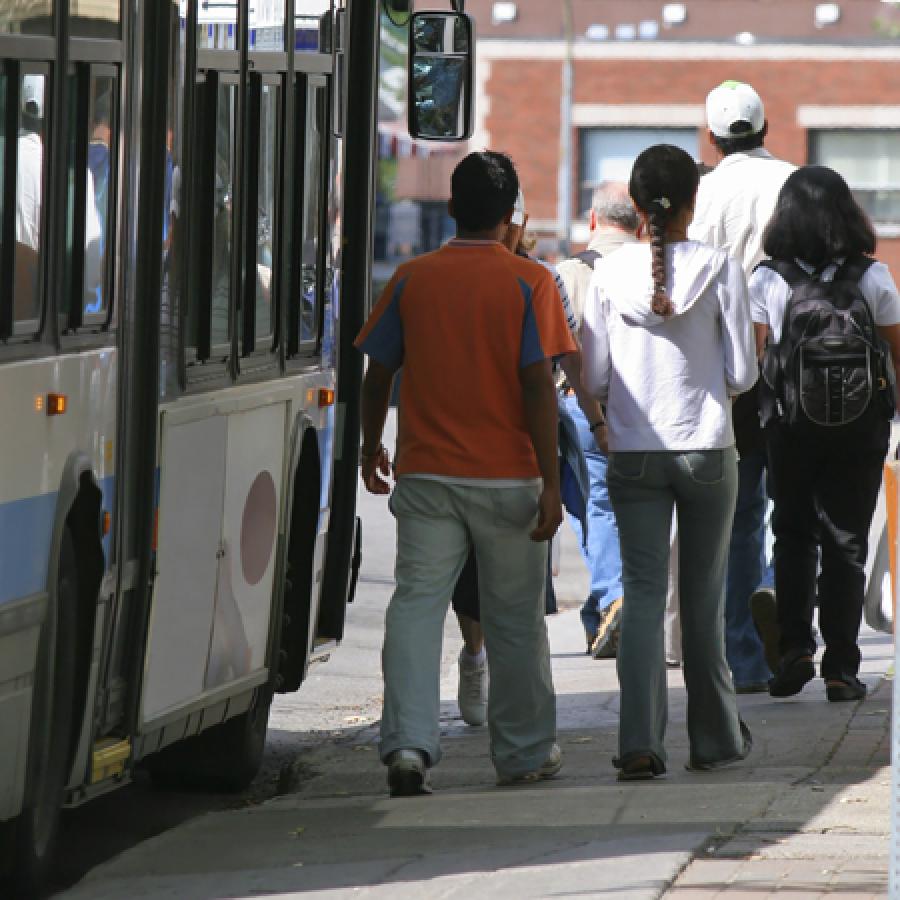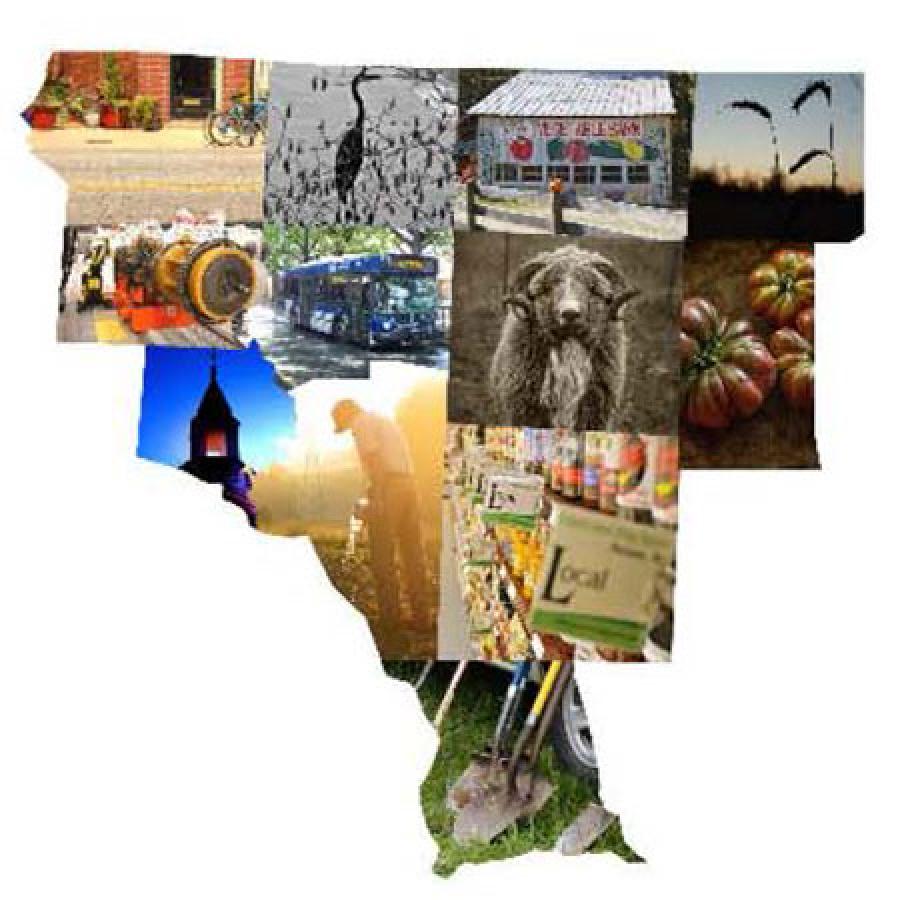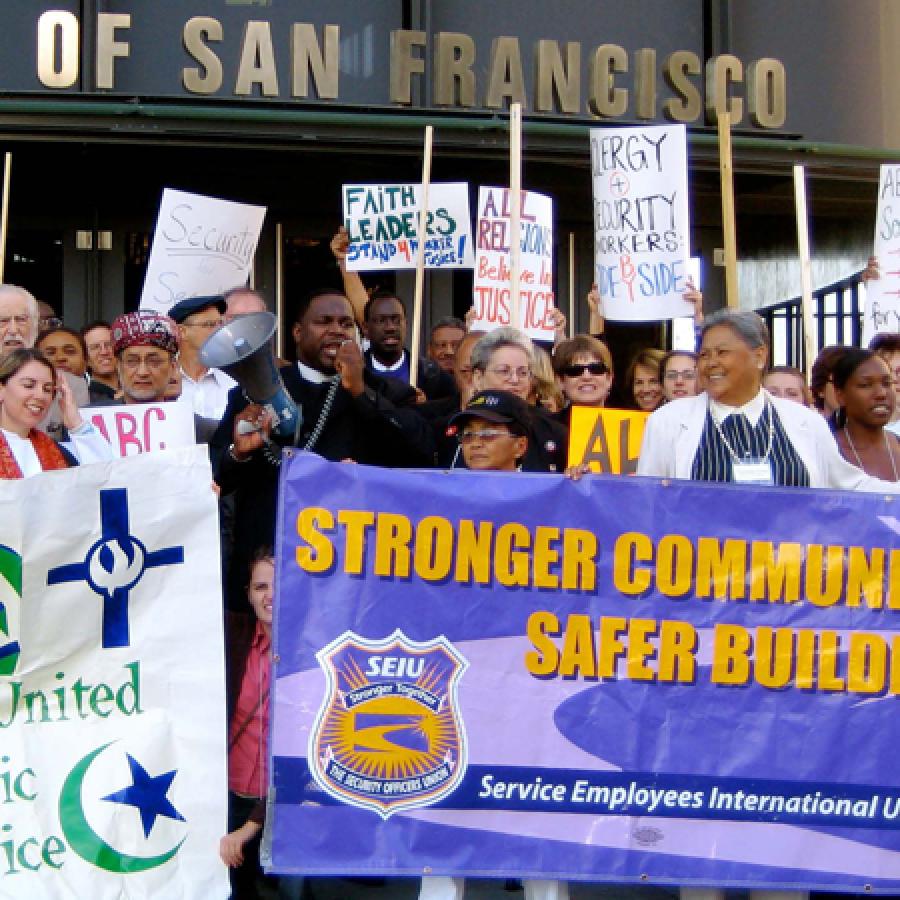Sustainable Communities
Overview
Healthy, economically strong regions—in which all individuals and families can have access to affordable housing, quality schools, employment centers, and other basic services—are the foundation of a prosperous America. The Center for Infrastructure Equity, advances this vision of shared prosperity through equitable development. Equitable development requires thinking intentionally about how equity can be achieved in planning and policy processes, and then implementing strategies to make certain that disadvantaged communities and communities of color participate in and benefit from decisions that determine the course of development in their neighborhoods, communities, and regions. The federal Sustainable Communities Initiative program has given communities a chance to do just that. The Center for Infrastructure Equity continues to build on its Sustainable Communities Equity Guide to provide technical assistance to regions that will work to deliver communities of opportunity through equity-focused planning.
Communities of Opportunity
The federal Sustainable Community Initiative (SCI) was implemented by the Obama Administration with the 2009 establishment of the Partnership for Sustainable Communities to support the planning and implementation of resources to foster communities and regions of opportunity. This interagency partnership has brought together the U.S. Department of Housing and Urban Development, the U.S. Department of Transportation, and the U.S. Environmental Protection Agency. Now, with 143 grantees in 87 regions and 56 localities (across 47 states), SCI represents one key foundation of the Administration’s place-based agenda.
For the 143 communities and regions engaged in planning for or implementation of a prosperous future, the Sustainable Communities Initiative has been a game-changing opportunity. These communities have catalyzed new cross-sector networks, new problem-solving methods, and new, inclusive decision-making tables. By bringing together diverse public, private, philanthropic, and nonprofit leaders, Sustainable Communities is seeding the opportunity for regions and communities to craft an authentic vision for an equitable and prosperous future.
Moving forward, Congressional authorization is needed to embed this more equitable approach into the federal policy investment framework. Legislation like the Livable Communities Act, which was introduced in the 111th Congress (and is awaiting a vehicle for reintroduction) and the Moving Ahead for Progress in the 21st Century Act (MAP-21) (reauthorized in 2012) would help towns and regions across the country plan and implement development projects that integrate their community’s needs for transportation, housing, land use, and economic development.
Webinars
PolicyLink has collaborated with many national organizations and local partners to produce webinars on best practices in equity for prospective and current Sustainable Communities grantees.
Building Sustainable Communities through Environmental Justice Strategies: Hosted by the Program for Environmental and Regional Equity (PERE) at the University of Southern California, this webinar defines EJ (environmental justice) and its importance in building sustainable communities, introduces tools for measuring EJ impacts, outlines best practices for engaging marginalized communities in planning processes and policy development, and discusses recent climate justice efforts.
- Click here to view an archive of the webinar. (September 6, 2012)
Immigrant Integration: Integrating New Americans into Sustainable Communities: Co-hosted with the Program for Environmental and Regional Equity (PERE) at the University of Southern California, this webinar defines immigrant integration, explains its importance for building sustainable communities, and outlines best practices for integrating immigrants more fully into a region.
- Click here to view an archive of the recording. (August 2, 2012)
Maximizing Opportunity in HUD's New Fair Housing and Equity Assessment: Co-hosted with the Kirwan Institute for the Study of Race and Ethnicity, and HUD's Office of Sustainable Housing and Communities, this webinar defines the new approach to fair housing and housing opportunity, and features best practices from Oregon, Connecticut, and other regions for creating inclusive and impactful assessment and implementation plans.
- Click here to view an archive of the recording. (July 25, 2012)
The Power of Regional Equity Networks: Tools for Regional Advancement: Regional equity networks and coalitions are taking the lead in shaping the implementation of equity-focused public policies that build and sustain communities of opportunity across America. This webinar explores the formation and sustainment of effective regional equity networks and coalitions.
- Click here to view an archive of the recording. (June 27, 2012)
Opportunity Mapping for Regional Planning: Co-hosted by the Kirwan Institute for the Study of Race and Ethnicity and PolicyLink, this webinar examines opportunity mapping and its applications for delivering on equity outcomes.
- Click here to view an archive of the recording. (April 11, 2012)
Engagement with Traditionally Marginalized Communities: In this webinar, several FY 2010 Sustainable Communities grantees share their experience engaging traditionally marginalized communities in both regional and local planning processes. Participants learn about specific methods to bring vulnerable populations to the table, build stronger relationships with these communities, messaging for inclusion, and, meaningfully integrating engagement into decision-making processes.
- Click here to view an archive of the recording. (March 2, 2012)
Resources
- Fair Housing and Equity Assessment Deliberation Guide
- Fair Housing and Equity Assessment Roles and Responsibilities Guide
- Fair Housing and Equity Assessment Frequently Asked Questions
- Implementing the Fair Housing Equity Assessment: Advancing Opportunity through the Low-Income Housing Tax Credits
- Comments to HUD on the Sustainable Communities Advance Notice of Funding Availability
- What is the Proposed Affirmatively Furthering Fair Housing Rule?
- PolicyLink Comments on AFFH Rule, September 2013
- Senate Letter in support of AFFH Rule, August 2014
- House Letter in support of AFFH Rule, June 2014
- PolicyLink Equitable Development Toolkit








